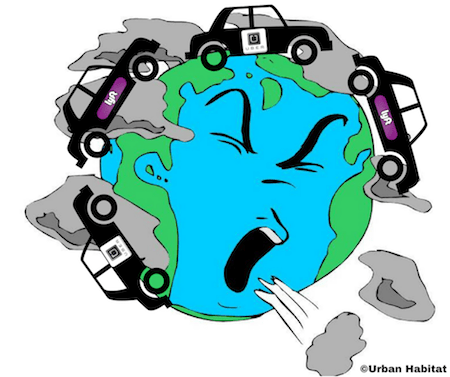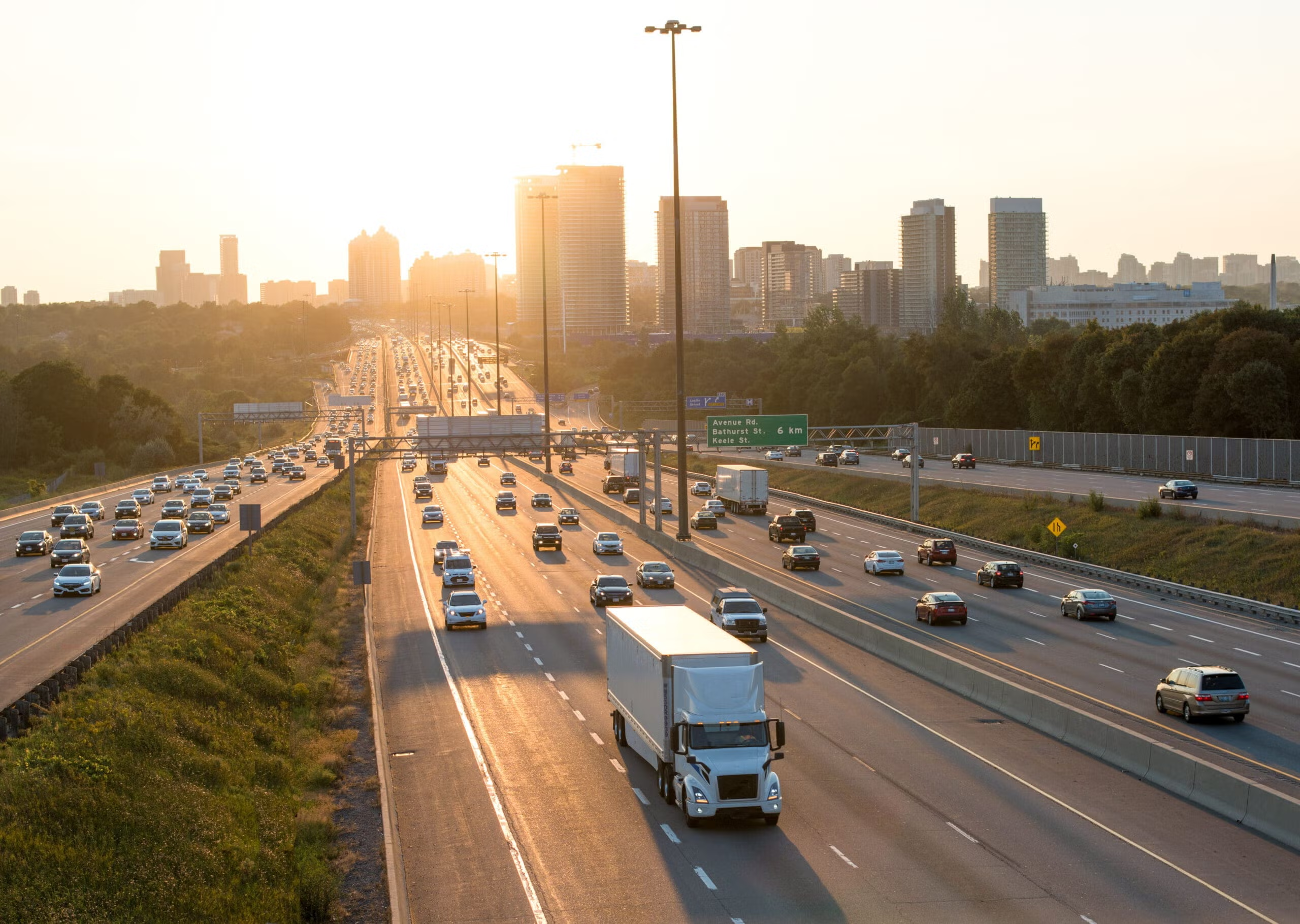The North Bay fires are a painful reminder of the disastrous impact of climate change. Unfortunately, the federal government’s most recent responses to the climate crisis include eliminating the Obama Administration’s attempt to reduce carbon dioxide emissions from power plants, known as the Clean Power Program. Now more than ever, the Bay Area has to lead the way in providing solutions that prioritize the needs of communities of color. We need to set a new path away from a carbon-based economy rooted in extraction and exploitation to a just transition economy anchored in sustainability.
With the transportation sector accounting for the largest share (40 percent) of the region’s greenhouse gas emissions, reducing driving has become a key climate policy strategy. However, two recent studies highlight how ride sharing apps such as Uber and Lyft, also known as transportation network companies or TNCs, are exacerbating the problem. An analysis conducted by the San Francisco County Transportation Authority found that on a typical weekday, over 5,700 TNC vehicles operate on San Francisco streets at peak times - 15 times the number of taxis at similar times. In San Francisco, TNCs generate 20 percent of vehicle miles traveled.
A study conducted by U.C. Davis Institute of Transportation Studies demonstrated that despite claims by Uber and Lyft that their service merely complements public transit – TNCs appear to be siphoning ridership away public transit. This is especially true for bus systems that typically serve low-income communities of color and the transit-dependent, which saw a six percent decline in riders shifting from the bus to TNCs. The study also shows that private corporations are laying the foundation for a segregated transit system with the majority of Uber/Lyft riders being younger, more educated, and having higher incomes than the rest of the population.
To properly manage the negative impacts of TNCs Urban Habitat and our allies are advocating for an integrated strategy of revenue, regulation, and right of way:
- Revenue in the form of a potential TNC congestion fee,
- Regulation to limit the number of TNCs and ensure they are accessible to all Bay Area residents and,
- Right of way for public transit to move reliably and safely with more transit priority lanes that remain car-free.
Urban Habitat and our allies on the San Francisco Mayor’s Transportation Task Force are working to ensure these strategies are part of a proposed 2018 transportation funding measure. The scale and the impact of the climate crisis demand nothing less.
This strategy will require fighting for local regulatory authority that is currently held by the state Public Utility Commission, supporting legislators who are willing to stand up to the wave of dark money funded ads that will be spent against them as they propose new fees on TNCs, and organizing transit riders to demand that they get priority on the streets the public pays for.
We recognize that TNCs are not the only cause for Bay Area congestion. We have failed to reduce driving at the rate demanded by the climate crisis and our public transit system faces many challenges, including declining funding and ridership. However, more cars and more driving will never provide the solutions we need to meaningfully address the climate crisis. And those solutions will definitely not be provided by a corporate transportation model that often comes at the expense of public transit designed to be accessible to all riders – including youth, seniors, and people with disabilities.
Bob Allen is Urban Habitat’s policy and advocacy campaign director.






